By Luis Bonilla-Molina
T/Celina Castro
Since 2015 we have been denouncing the risk that a Global pedagogical Blackout (GPB) would occur, which would have a concrete expression in the virtualization and relocation of an important part of the teaching-learning processes at home. This trend towards BPB had been announced in various documents from Development Banks and multilateral organizations.
Escalation of the Global Pedagogical Blackout
However, a large part of the pedagogical left dismissed this scenario considering it as unlikely. Being that understanding this reality implied recognizing that we are facing a planetary reset of educational culture, which challenged many of the certainties built in the field of pedagogical alternatives. The most recent publication of the World Economic Forum in Davos “Covid-19: the Great Reset” (July, 2020) confirms the prospective assessments and analyzes that we did years ago.
We always pointed out responsibly that we did not know what the event or mechanism would be, but that the trend of cognitive capitalism in the third industrial revolution pointed in that direction. Covid-19 became the event that created the conditions of possibility for the planetary scale development of the Global Pedagogical Blackout.
The transition from the third industrial revolution to the fourth industrial revolution made this event imminent. This transition involved the consideration, by capital, of the obsolescence of the Newtonian educative machine of the first and second industrial revolutions. Obsolescence determined by the impact of the acceleration of innovation in educational processes.
The health quarantine due to the Covid-19 pandemic forced to generate responses in terms of schooling and education. The educational measures elaborated by the bureaucracies of the ministries of education, were constructed from the appeal to the concept of “emergency”. The real health emergency was used to develop an unusual, dramatic and exclusive turn in education.
The so-called educational emergency served as a pretext for trying to give continuity to school work in most countries, no longer in schools, high schools and universities but “at home” and by remote mechanisms, most of them codified to the public under the expressions of “virtual home education” and “ university at home”.
The neoliberal paradigm of the educating society
This “new Reality” forces us to reassess the neoliberal educational paradigm of the “educating society”, which landed strongly in the region in the 1980s of the 20th century. This initiative, in the era of the transnationalization of capital and cultural globalization, contemplated the intention of gradually transferring to families, teachers and students, the minimum conditions for the fulfillment of the right to education.
The strengthening of the mechanisms to guarantee the payment of the tuition fees and “collaborations for the societies of parents and representatives” in public schools, served as a Trojan horse to try to burden the families with the costs of maintaining school facilities, extraordinary activities, substitute teachers, etc., on the road so that mothers and fathers were assuming the educational responsibility that corresponded to the States.
Increasingly, many of the responsibilities that States had once assumed were transferred to families. This intention could only materialize partially and unevenly in the countries of the region, thanks to the mobilization of the teaching profession, university professors and students; families did so to a lesser extent, trapped by the evaluative culture of educational quality.
The demand for greater contributions to school systems by families was covered up with the functional discourse of co-responsibility to achieve a quality inclusive education, something that became a functional blackmail for the demobilization of families.
This “notion” of co-responsibility led to a leap in the construction of hegemony, on the need for States to “share” with families the costs of public education. This propaganda operation opened doors to reforms in national constitutions and education laws that implied a drastic abandonment of the responsibilities of the State, covered up with progressive speeches.
States’ Obligation to Guarantee the Right to Education
From an emancipatory and teaching state perspective, the responsibility of guaranteeing the right to education rests with the National States. In other words, States, among other things, must guarantee :
- a) the budget for education be not less than 6% of the Gross Domestic Product or less than 20% of the public budget;
- b) there will be an educational legislation that guarantees universal access to schooling and on equal terms, at least, to students of initial and primary education. In some countries this obligation extends to the baccalaureate;
- c) study plans and the teaching-learning models be prepared in order to guarantee contextualized learning to each reality, epochal challenges and needs of the population;
- d) the necessary infrastructure (school, high schools, preschools, universities) be constructed to guarantee equal learning conditions;
- e) Schools, lyceums and universities have all elements, equipment and content inherent in the acceleration of innovation and guarantee that all students have the same conditions of access to these technologies and knowledge;
- f) to develop a continuous update of the initial and permanent training of teachers to guarantee the role of the school as a democratizing institution of knowledge among the popular sectors.
Prior to the pandemic, many of these minimum starting conditions were not covered by the national states, which generated resistance, mobilizations and denunciations of the teacher and student movement. The disinvestment in education and the precariousness of the working conditions of the teachers acted as triggers for the neoliberal premise of abandoning the responsibility of the States with public education, giving way to the model of educational society.
We must be careful that the achievement of 6% of gross domestic product as a minimum level will not be used to a large extent neither for the signing of contracts with large technological transnationals in the field of digital educational content nor for the construction of the base infrastructure for the transition to the fourth industry revolution.
This would mean ,continuing to reload on families, students and teachers the bulk of the investment in basic technological equipment (computers, laptops, cell phones) and internet connectivity. I always underline that this is and would be educational privatization and the triumph of the neoliberal paradigm of an educational society.
At the international level, educational neoliberalism increasingly ensured that in many of the protocols of multilateral organizations, the right to education appeared without its free, popular, scientific and secular surnames. Increasingly, in these protocols, there is a commitment to link the private sector to the fulfillment of the right to education, which is nothing more than the transition to the construction of hegemony regarding education as a commodity.
The abrupt transition from a model of face-to-face education in schools to the model of “virtual education at home”, of “home university” and, the fear of deadly contagion, made possible an accelerated abandonment of these premises of responsibility of the National States to guarantee the minimum conditions for the development of the right to education.
Educational Neoprivatization In the Context of the Pandemic
The privatizing trends of education were accelerated and escalated to an unthinkable dimension due to Corona virus only months ago. The model of “virtual home education”, of “home university” that has been promoted by educational systems in Latin America has led to de facto privatization. The responsibilities of the States to guarantee the minimum conditions to develop the teaching and learning processes have been abandoned and the logic of educational neoliberalism has been entered.
Now, in the framework of the Covid-19 pandemic, families , students and teachers, are who must bear the costs of paying internet fees, subscribing to private platforms in order to be able to teach, purchase or repair their computers for making possible to teach. States ignore their responsibilities using the customary language of the “teaching vocation”, of the “mystique of educators”, to disregard their responsibility.
Many of the educational contents in this context of “virtuality at home” are those that are available on proprietary platforms. teachers were not trained and are not being adequately trained to work in digital environments, which has implied a series of lacks and problems derived from trial and error, of ” As far as we encounter,we do “.
The aim is to blame errors on teachers, making the State an evaluator, expressing the evaluative culture on teachers, thereby it can hide that a brutal educational privatization is taking place.
Conditions in which the teaching-learning processes are developing are unequal and stratifying. Many students do not even have a house to study in a stable way, others do not have a family to support them, most do not have texts or access to internet, or computers.
School, with its food programs, tried to guarantee that everyone ate at least once a day, precisely to equalize the starting conditions for learning to learn. Measures taken by ministries of education have been broken in just months, leaving behind the social conquest of associating the right to education with guarantees of equal conditions to develop the teaching-learning processes.
This “new normal” is being little denounced, on the contrary, in many cases it is occurring with the complicit silence of important sectors of the academy and the bureaucratic employers’ unions. As in any oppression process, resistance makes a difference and today almost a hundred teachers’ organizations in the region, popular educators and critical pedagogues have begun to denounce and mobilize against this reality.
Premium Education for Tech-Savvy.
To make matters even worse, is taking place, a stratification of education under the pretext of a health emergency. Those who have access to computers and Internet, whose percentage does not exceed 50% of the population in Latin America and the Caribbean, have the possibility of participating in remote education that attempts to give continuity to the schooling processes, accessing updated information derived to a large extent of their ability to navigate in Internet.
Those students male and females ,most of them , who do not have access to a computer and internet, are receiving teaching on television or radio, with content and methodologies of educational television from the sixties of the 20th century, viewing learning through a look from the rear-view mirror , not towards the present and the future. This will result in new forms of exclusion.
On the other hand, those who live in areas of difficult access and poor connectivity, with limited possibilities even of accessing a radio signal, are receiving a modular education, a third-level education, which tries to hide that they are being left on the edges of intellectual marginality.
The appeal to contingency and emergency has no justification, when the educational authorities ignored warnings that we made for five years about an imminent Global Pedagogical Blackout (GPB) and the obligation that States had to prepare for scenarios like these, thinking about educational inclusion and social justice as the first aims.
School will Never be what it was
This reality cannot make us take conservative refuge in trying to return to the conditions that existed before the pandemic. The school, high school and university that we had in February 2020 did not represent the aspiration of the popular and critical sectors regarding what a liberating and emancipatory education should be.
It is then about understanding and working in a renewed way for a new free, popular, democratic, secular, scientific and face-to-face school that claims tradition and pedagogical knowledge accumulated over decades, but that it be also capable of connecting with the new, the emerging in the key of anti-capitalist resistance.
Alternatives
Certainly the worst that can happen is that a child or teenager bes disconnected from the school system. The fact that we consider necessary to give education as an urgent remedy, by television, radio or modules, does not prevent us from realizing that this is entailing a new stratification, with a clear sense of class.
It is the poor, working women, the working class, peasants, who live in conditions of marginality in neighborhoods, who are being most affected by the ongoing educational neo-privatization and stratification of schooling determined by access to computers and connection to Internet.
Alternatives to this situation are at the epistemic level and in the organization for resistance. In the foreground, the surprise and feeling of vertigo that the quarantine by Covid-19 has caused in broad progressive sectors leads us to affirm that the urgent thing is to clarify what is happening and the immediate horizon of neoliberal oppression.
The second one, is to claim that experiences of pedagogical groups in schools, high schools and universities emerge strongly as a very powerful practice to advance collectively, from grass roots , in understanding what is happening and developing anti-capitalist resistance.
Third, to strengthen the unity of the combative teachers unions and unions, with the movements of popular educators and critical pedagogues to jointly elaborate a route of conjunctural and strategic actions. It is time to invent so as not to err.
Source: the author writes for OVE
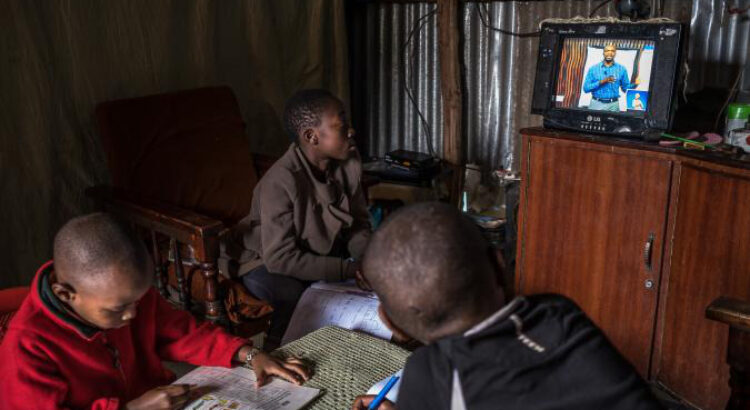
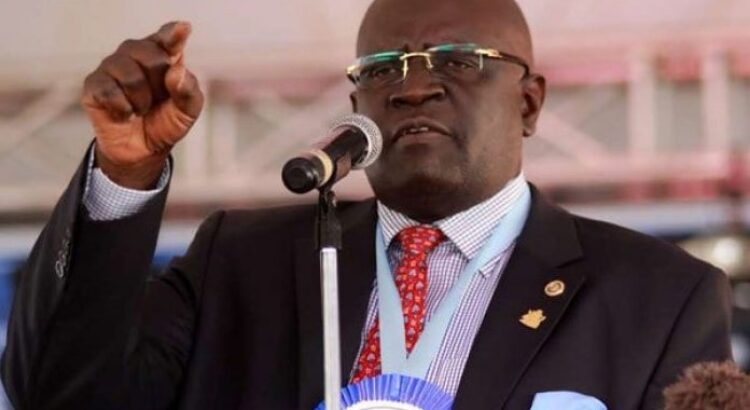
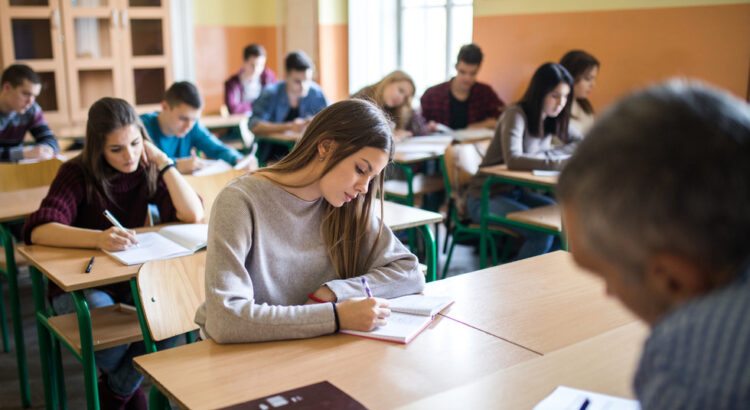

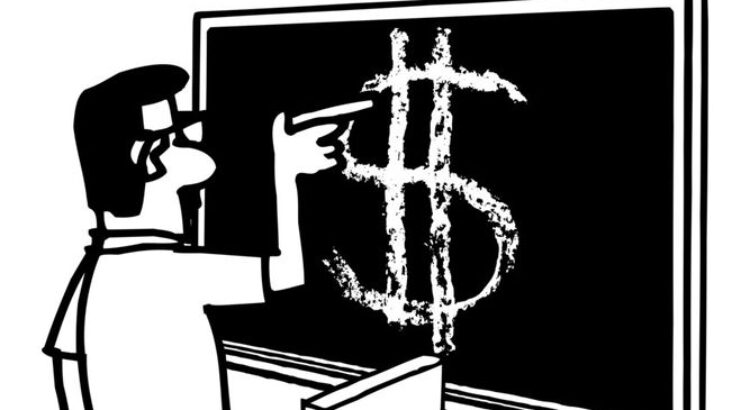
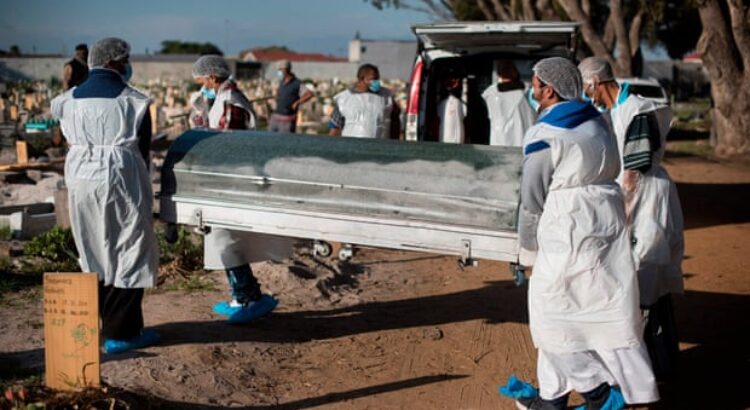

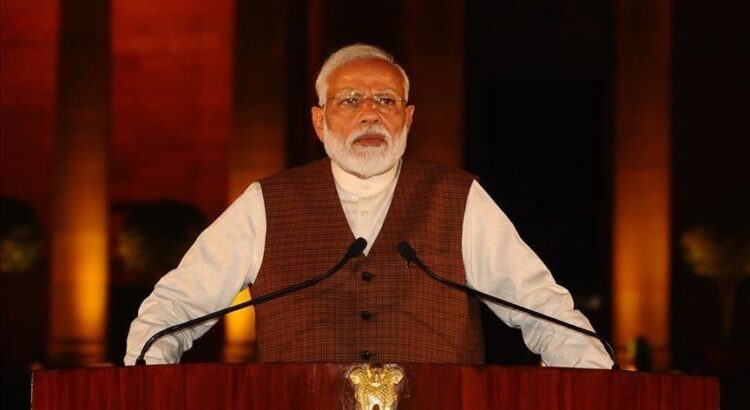






 Users Today : 108
Users Today : 108 Total Users : 35404375
Total Users : 35404375 Views Today : 132
Views Today : 132 Total views : 3333906
Total views : 3333906